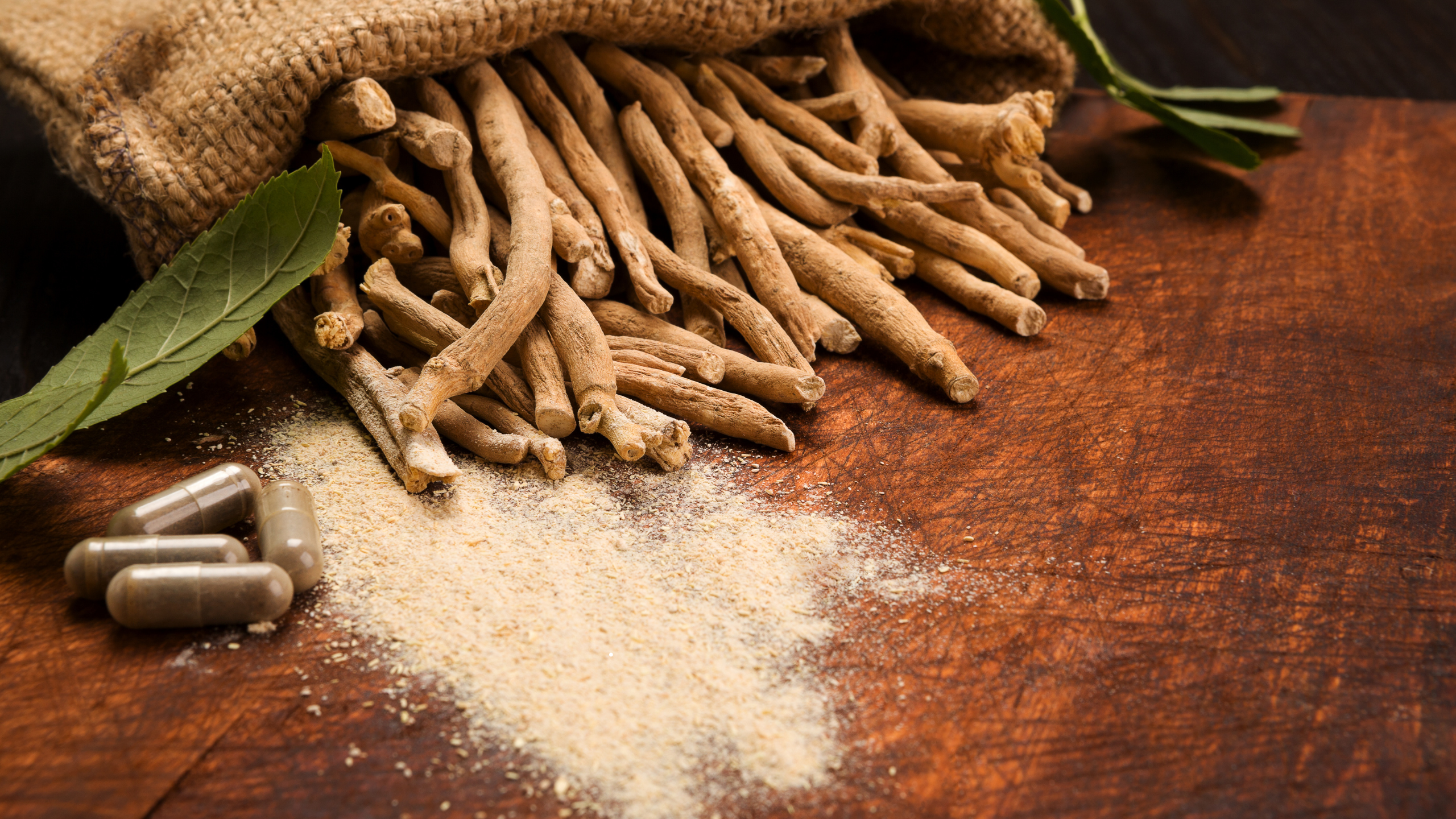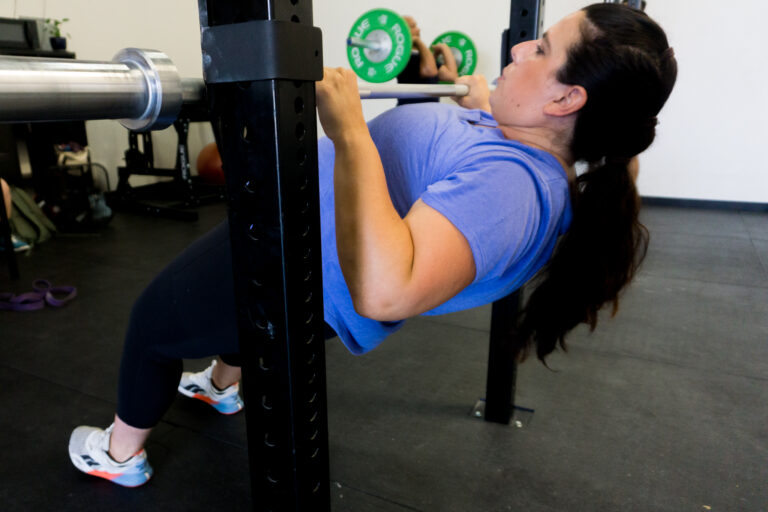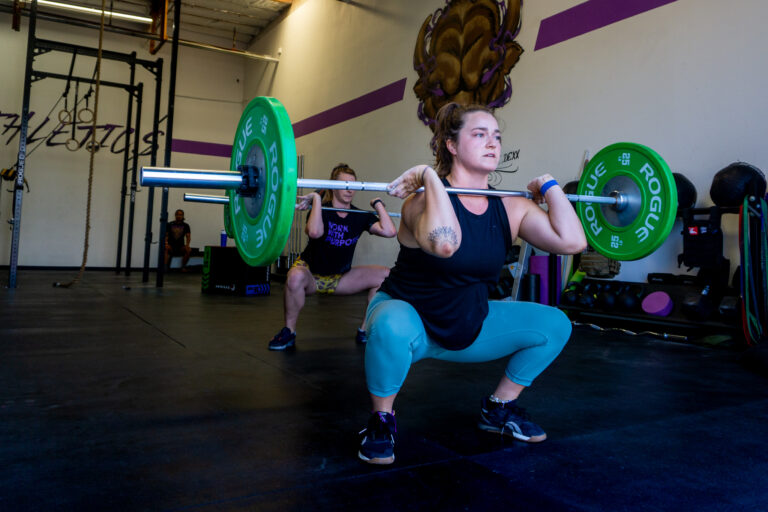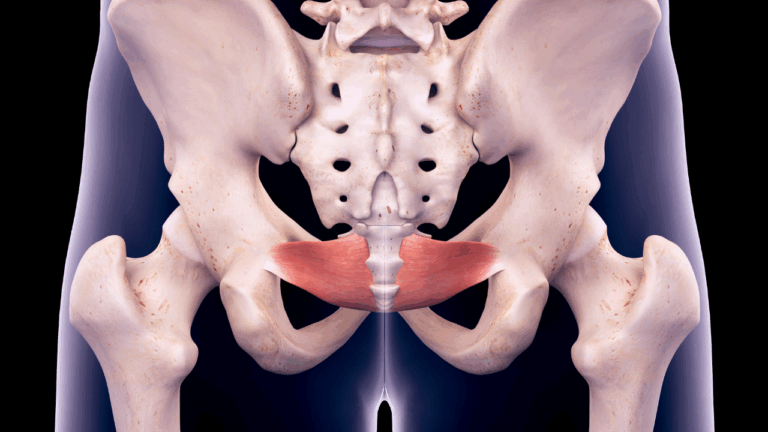Ashwagandha for Female Athletes: Unlocking Its Benefits
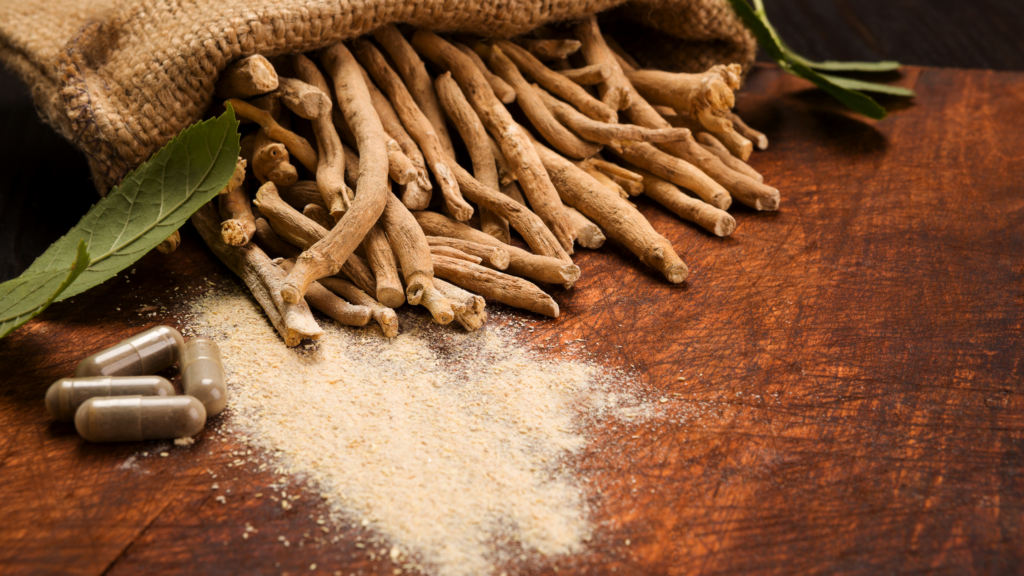
Ashwagandha, an ancient herb revered in Ayurvedic medicine, has recently gained popularity in the wellness world for its wide array of benefits.
For female athletes, women in perimenopause, and those going through menopause, ashwagandha can be a game-changer. Its adaptogenic properties help the body cope with stress, while its ability to balance hormones makes it a valuable tool for women navigating the physical and emotional changes of these life stages.
Let’s dive into why ashwagandha can be beneficial for female athletes and those in perimenopause or menopause.
What Is Ashwagandha?
Ashwagandha (Withania somnifera), also known as Indian ginseng or winter cherry, is a powerful adaptogen. Adaptogens are natural substances that help the body resist physical, chemical, or biological stressors, making them particularly useful for athletes and individuals under hormonal stress. Ashwagandha has been used for centuries in traditional medicine to promote overall health, improve energy, and enhance resilience.
Ashwagandha for Female Athletes
1. Enhanced Recovery and Performance One of the biggest challenges for athletes is managing physical stress and ensuring optimal recovery. Ashwagandha has been shown to reduce inflammation and oxidative stress, both of which are key factors in muscle recovery. For female athletes, particularly those engaged in strength training, endurance sports, or high-intensity workouts, this can make a significant difference in performance and recovery times.
Studies have also indicated that ashwagandha may improve VO2 max (a measure of aerobic fitness) and muscle strength, allowing athletes to push harder in their training. This is especially beneficial for women working on endurance or strength-building, as the herb supports both energy production and physical resilience.
2. Stress Management Female athletes often face the challenge of managing cortisol levels. Intense training, combined with everyday life stressors, can cause cortisol (the body’s primary stress hormone) to spike. Elevated cortisol can lead to muscle breakdown, increased fat storage, and compromised immune function.
Ashwagandha helps regulate cortisol levels, promoting a calm, focused state of mind while protecting the body from the harmful effects of chronic stress. This balance is essential for athletes who want to perform at their peak without compromising their long-term health.
3. Hormonal Balance Athletes who train intensely may experience disruptions in their menstrual cycles or hormonal imbalances. Ashwagandha supports hormonal health by promoting a healthy balance of reproductive hormones, which can be crucial for female athletes who want to maintain a regular cycle and avoid the negative effects of hormonal dysregulation (such as loss of energy or mood swings).
Ashwagandha in Perimenopause & Menopause
1. Stress and Mood Support Perimenopause and menopause can bring about significant hormonal changes, leading to mood swings, anxiety, and stress. Ashwagandha’s adaptogenic properties are particularly useful here, as they help the body adapt to and manage stress more effectively. Its ability to regulate cortisol levels can help alleviate feelings of anxiety and reduce mood fluctuations, creating a more stable emotional environment.
2. Improved Sleep Quality One of the most common symptoms women face during perimenopause and menopause is disrupted sleep. Hot flashes, night sweats, and hormonal fluctuations can all lead to sleepless nights. Ashwagandha has been shown to improve sleep quality by calming the nervous system and reducing stress hormones. This can be a major relief for women struggling to get a good night’s rest, as quality sleep is crucial for overall health, mood, and energy levels.
3. Hormonal Balance and Energy The hormonal changes that occur during perimenopause and menopause can leave women feeling fatigued, foggy, and drained. Ashwagandha supports adrenal function, which is essential for energy production, and helps balance estrogen and progesterone levels. By doing so, it can reduce fatigue and help women feel more energized and focused throughout the day.
4. Bone and Muscle Health As estrogen levels decline during menopause, bone density can decrease, leading to a higher risk of osteoporosis. Muscle mass can also diminish due to hormonal changes. Ashwagandha has been found to support muscle mass retention and may also play a role in bone health by reducing inflammation and supporting the body’s stress response. This makes it particularly useful for women who are concerned about maintaining muscle and bone strength as they age.
How to Incorporate Ashwagandha into Your Routine
Ashwagandha is available in various forms, including powders, capsules, and teas. It’s typically recommended to start with a low dose and gradually increase it to allow your body to adapt. Consulting with a healthcare provider, especially if you have any pre-existing conditions or are on medication, is always a good idea.
For female athletes, ashwagandha can be taken post-workout to support recovery and manage cortisol levels. Women going through perimenopause or menopause may benefit from taking it in the evening to enhance relaxation and improve sleep.
Conclusion
Ashwagandha offers a range of benefits for female athletes and women in perimenopause and menopause. Whether you’re looking to enhance your athletic performance, manage stress, or combat the physical and emotional challenges of hormonal changes, this powerful adaptogen may be worth considering.
By incorporating ashwagandha into your daily routine, you can support your body’s resilience, improve recovery, balance hormones, and enhance overall well-being during these pivotal stages of life.
Looking for more, including coaching support? Check out our Nutrition Coaching option and our Body Recomp program for Perimenopause!
